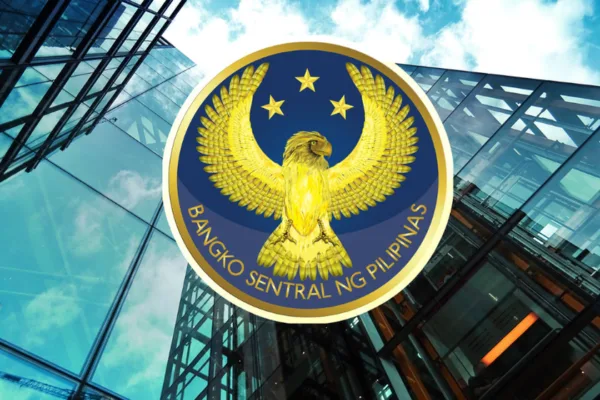by Jan Michael Carpo, Reporter
The Philippines has taken a significant leap towards digitalization with the introduction of the digital national ID, a move hailed by financial institutions as a transformative tool for enhancing financial inclusion and streamlining operations.

Lito Villanueva, founding chairman of Fintech Alliance Philippines and EVP and chief innovation and inclusion officer of RCBC
Lito Villanueva, the founding chairman of Fintech Alliance Philippines and EVP and chief innovation and inclusion officer of RCBC, emphasized the profound impact of this initiative.
“An operable national ID will drive significant advancements in financial inclusion and digital transformation,” stated Villanueva. Representing over 95% of the nation’s fintech retail financial transaction volume, the FinTech Alliance PH views this development as crucial for the Philippines’ journey towards becoming a fully digital and financially inclusive country.
Villanueva also expressed gratitude to the national government agencies for their collaboration, trust and initiatives for financial inclusion.
Financial inclusion gaining widespread industry support
In a pioneering move, RCBC, along with privately held banks BPI, AUB, and PSBank, announced their commitment to using the national ID’s data as the primary means of authentication for customer acceptance and screening.
This integration, revealed during the public debut of the digital ID, will enable Filipinos to conduct various financial activities, including bank onboarding, using their national IDs further boosting financial inclusion for Filipinos.
The prominent mobile wallet application GCash has also since adopted the digital national ID, signalling widespread industry support.
In a press release, Frederick Go, Special Assistant to the President on Investment and Economic Affairs, praised the business sector for its proactive involvement in the national ID initiative.
“Creating the user case for the digital national ID is the main focus of this progress,” Go said. “Our goal was to persuade the banking and financial sectors to embrace and utilize the national ID, and I am glad to see that many of them are now our partners in this journey.”
Go shared that the digital national ID’s capabilities extend beyond banking and monetary transactions, benefiting sectors such as healthcare, education, and insurance. “The digital national ID is a sign of hope, reminding us that when we unite towards a common goal, even the most audacious aspirations can come true,” he further stated.
Another step towards digitalization
Early last week, the Philippine Statistics Authority (PSA), in collaboration with the Department of Information and Communications Technology (DICT), officially launched the Digital National ID and its associated authentication systems — National ID eVerify and National ID Check.
Held at the PSA Headquarters in Diliman, Quezon City, the launch was attended by senior officials from PSA, DICT, and various government agencies. PSA Undersecretary Claire Dennis S. Mapa, PhD, hailed the introduction of these digital tools as “another step towards digitalization,” emphasizing their role in enhancing services and strengthening security.
Accessible online to over 87 million registered Filipinos, the Digital National ID, along with the National ID eVerify and National ID Check platforms, simplifies identity verification for a wide range of transactions. “For the more than 87 million Filipinos who have successfully registered, our National ID is now available. All they need to do is access it online to use it,” Mapa was quoted as saying in a news report.
For his part, DICT Secretary Ivan E. Uy highlighted the transformative potential of the Digital National ID, stating, “This modern identification system will streamline transactions, improve service delivery, and make doing business easier for everyone. I am excited to witness a positive change in how things are done with the Digital National ID.”
The National ID eVerify platform ensures secure and efficient authentication using advanced facial recognition technology, while the National ID Check feature simplifies the authentication of various National ID formats through QR code scanning. These advancements provide registered Filipinos with reliable and secure proof of identity, easily authenticated on their devices.
As the Philippines continues to embrace digital innovation, the Digital National ID and its associated authentication systems symbolize a collective step towards a more secure, inclusive, and technologically advanced nation.







